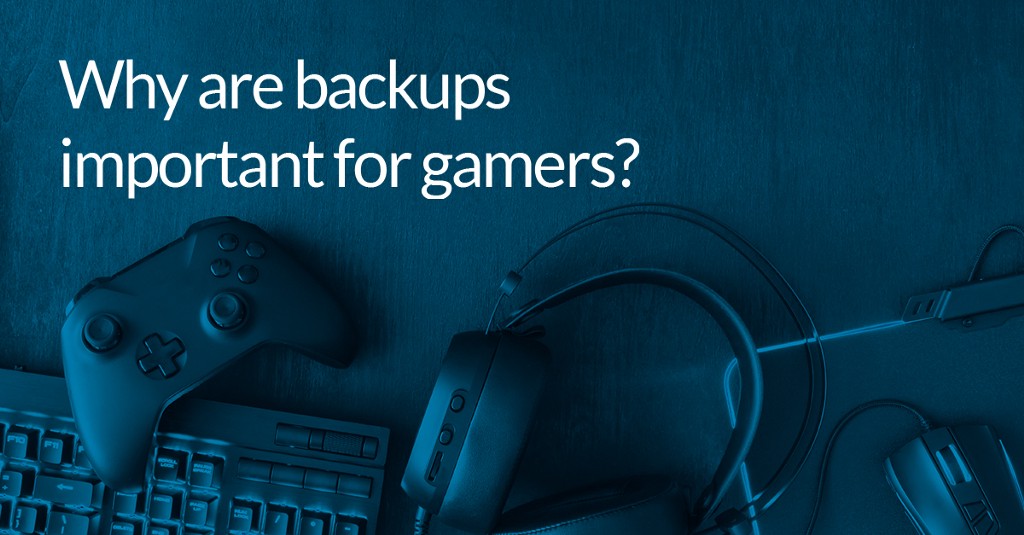Coronavirus and Working from Home: Managing the data protection and infosecurity risks

As COVID-19 spreads across the globe, there have been some unexpected and unprecedented social experiments; self-isolation, quarantined cities, stockpiling and sanitizer shortages. As the number of infected rises, so too does the population of remote employees. Up until now, working from home has been an exclusive perk in a handful of industries. But as companies send employees home to control the spread of the disease, what technical issues do they face when staff aren’t all working together in the same space?
Twitter, Facebook, Microsoft, and Uber are among the countless companies that have issued various levels of remote working advice to their employees. And even for these tech giants, there’s a level of unpredictability and adjustment when large numbers of staff work from home. The uniformity of the office network is replaced by as many unique set-ups as there are staff. Worse yet, your in-house IT department can’t address issues as easily as rolling over to a neighboring desk.
If this home isolation reaches your organization, there most likely won’t be enough laptops to send everyone home with adequate equipment. And when your remote employees use their home devices for work and personal use, your data becomes increasingly vulnerable. All it takes is a pirated movie or rogue email attachment to put your business data at risk. Even the most cyber-conscious employee may drop their guard once in the home environment, clicking on malicious links that may include malware or ransomware.
How to manage the security risks of working from home
SMEs have enough to worry about without adding data loss into the mix. Now is the perfect time to ensure your backup protocols are in place — and don’t assume you’re protected with only a cloud-based backup solution.
- Take the opportunity to document and put your backup policy in writing. Establishing responsibilities and a plan of action now will make your response to a problem much easier to handle.
- Make sure your remote workers understand the importance of backup procedures. Do they practice good cyber hygiene? Do they know what to do in the event of an issue?
- Once in place, be sure to test and monitor your backups. Don’t “set it and forget it” only to discover a problem right when you need it most.
Robust backup systems can protect your organization when employees are working from home
The optimists will see the global response to this epidemic as a handy wake-up call to ensure emergency plans are in place now before anything truly destructive happens. Pessimists might already have their contingency plan set. No matter what side of the spectrum you and your organization land on, it’s a good idea to review what backup systems you have in place.
Only time will tell what will happen to the culture surrounding remote working. When the coronavirus restrictions are lifted, will companies find themselves more inclined to allow working from home? And if so, how will internal structures shift to accommodate and secure critical data? Backup systems are vital but sometimes unprioritized part of a company’s security. Now is the perfect time to review your practices and commit to a plan of action moving forward.


